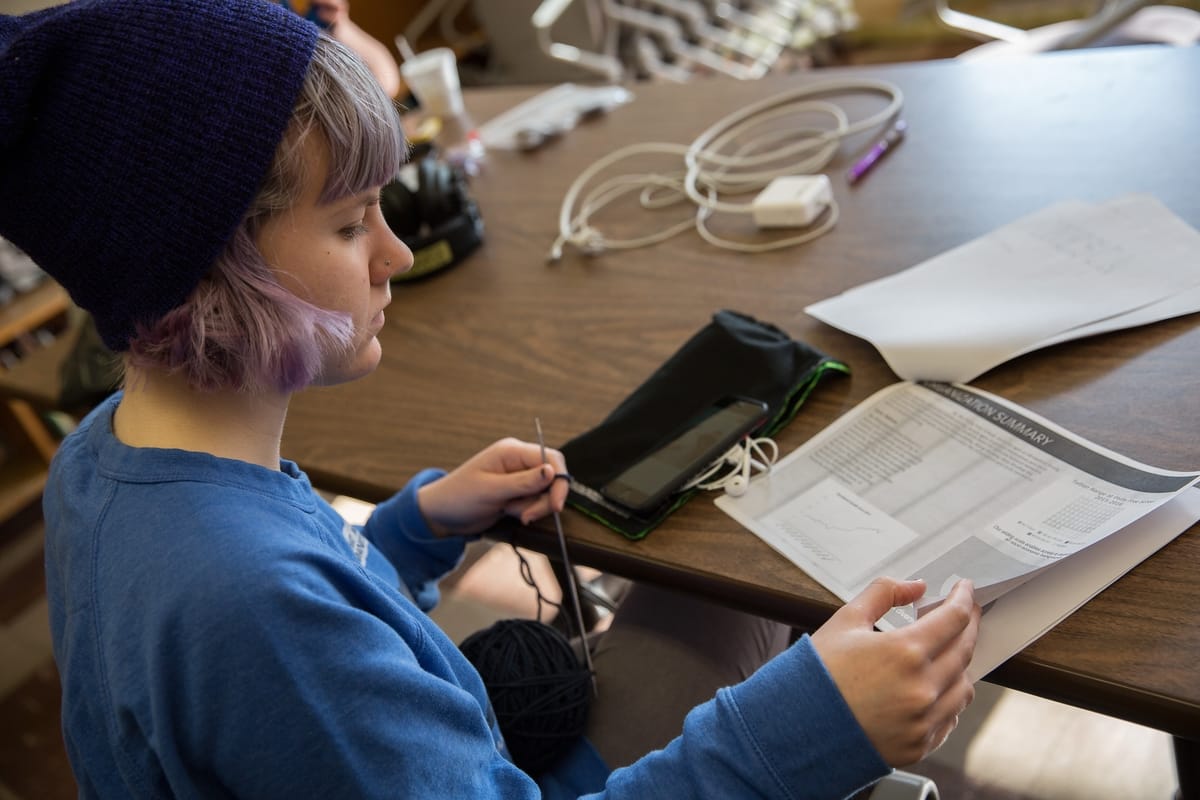A Secure Future by Michelle Loucas
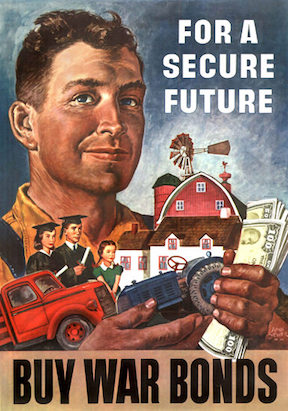
Universities used to prepare young adults for the real world. I dare say the graduates today go in without a clue and graduate without a clue. It's time to acknowledge the college degree is not worth what it was in the past. Times are changing, and so is the way we prepare our youth to survive in a competitive world.
--Dale Archer, psychiatrist
Does a college degree get you a good job? In the last two years, employers such as Google, Price Waterhouse Cooper, Ernst and Young, and Penguin Books have eliminated the requirement that job candidates have undergraduate degrees to be considered for employment. This is based on studies showing that the degrees do not lead to employees being more successful at their firms.1 Trends like these have lead to innovative new college alternatives like Mission U, where educators partner with employers and offer a fast, debt-free track to well-paid jobs.2

Many of those who grew up in the 1950s, like my parents, believed that the key to financial security was obtaining a skilled job where they could remain for 30+ years. That generation felt that a college degree greatly increased the chances that one could obtain such a job, and strove to make college possible, often for the first time in their family histories. In an effort to move beyond factory and farm work, many parents used education as a route for themselves and their children to build up a nest egg and work towards a more secure financial future.
Today’s parents do not have such a clear course of action. To begin with, the cost of a college degree has grown exponentially over this period.3 According to the National Center for Education Statistics, “Between 2003–04 and 2013–14, prices for undergraduate tuition, fees, room, and board at public institutions rose 34 percent, and prices at private nonprofit institutions rose 25 percent, after adjustment for inflation.”4 What do these stats mean in constant dollars? In 2013-2014, average college tuition was estimated at $15,640 at a public institution (as opposed to $11,675 in 2003), and at $40,614 at private, nonprofit institutions (as opposed to $32,431 in 2003).5 This is a big shift from when I went to college in the early 90s: even in constant dollars, four years of college now will cost two to four times as much as my own college degree did.6
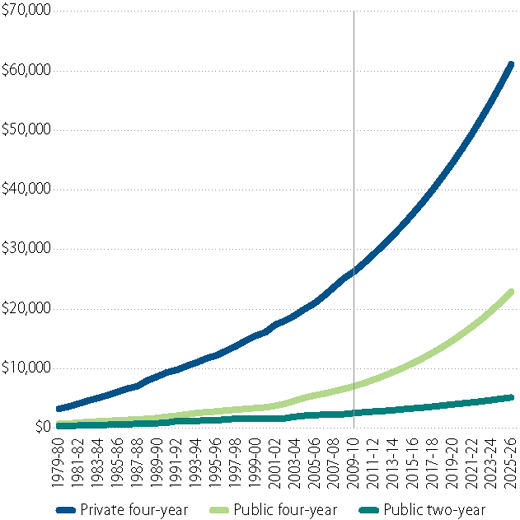
Saving up for this opportunity is now a much more difficult undertaking, even for those making a middle class wage. Nonetheless, many parents work hard to do this, and students put a lot of effort into getting scholarships, grants, loans, and work/study positions to make this possible. Loans create their own problems. Parents want their children to be financially independent, not saddled with debt. Yet, 70% of those who earn bachelor’s degrees graduate with debt, adding up to about 40 million Americans.7 The class of 2015 graduated with $35,051 in student debt on average, the most in history.”8Paying these loans back, even with a college degree, is not easy. According to the Consumer Financial Protection Bureau, 1 in 4 student loan borrowers are either in delinquency or default on their student loans.9
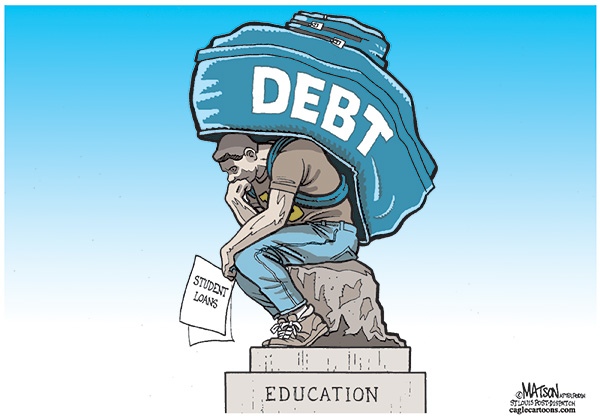
We do all this because we want the benefits of a college education. Indeed, a college degree can bring many advantages, including analytical skills, exposure to new ideas and networks, and accountability. But in today’s world, guaranteed employability is less and less certain. Getting a job right out of college is hard in the current employment market. There is still surprising evidence of unemployment and underemployment for college graduates. Despite the attempt to quell the worry about this trend by articles like this, the numbers are still alarming. For example, the entry-level wages earned by college grads, in real dollars, have only risen by approximately $1 for men and $2.50 for women since 1979. (Sadly, the wage differential between men and women is still $2.88/hour.)10 The payoff for the college degree isn’t what we would like it to be, leading us to question what it actually means to have a higher education. “A higher education, though, is first and foremost the capacity to self-direct your life, ” says author Blake Boles. “Sometimes college graduates lead self-directed lives, but sometimes they don’t; a college degree does not guarantee a higher education."11
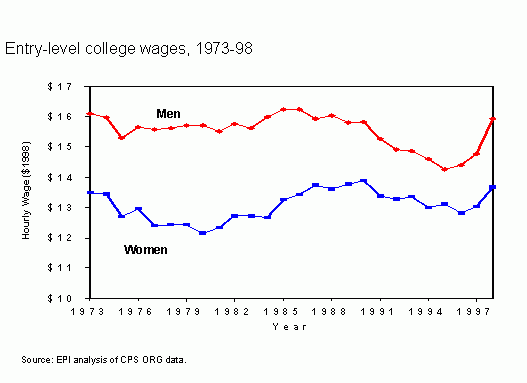
What’s a parent to do? As we age, we worry about our children’s ability to take care of themselves financially when they are grown, and eventually, when we are gone. Although I am tempted to simply repeat the steps my parents took when it comes to my own kids, I have to be realistic about the current climate. What are employers actually looking for? What kind of skills does a person need to find financial stability in the modern economy? We need to reconsider what the words “American Dream” mean today. As journalist Courtney Martin points out in an incisive Ted Talk on this topic, “It's all nonlinear from here. So we need to stop asking kids, ‘What do you want to be when you grow up?’ and start asking them, ‘How do you want to be when you grow up?’ Their work will constantly change. The common denominator is them. So the more they understand their gifts and create crews of ideal collaborators, the better off they will be.”12
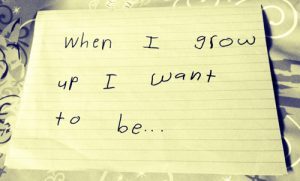
Like all parents, I worry about my kids’ future, and I try to lay the groundwork for their future success. When I think about how one prepares for the modern workforce, I believe that schools like the Philly Free School are in the best position to help young people get ready for what awaits them. In contrast to conventional settings, at PFS, students spend all day building their communication skills, innovating, designing, assessing, self-directing and self-correcting. Our students solve problems creatively, a skill which will undoubtedly serve them well in the work world. They fail, learn from those failures, and try again. One example of this is the SnowBall.
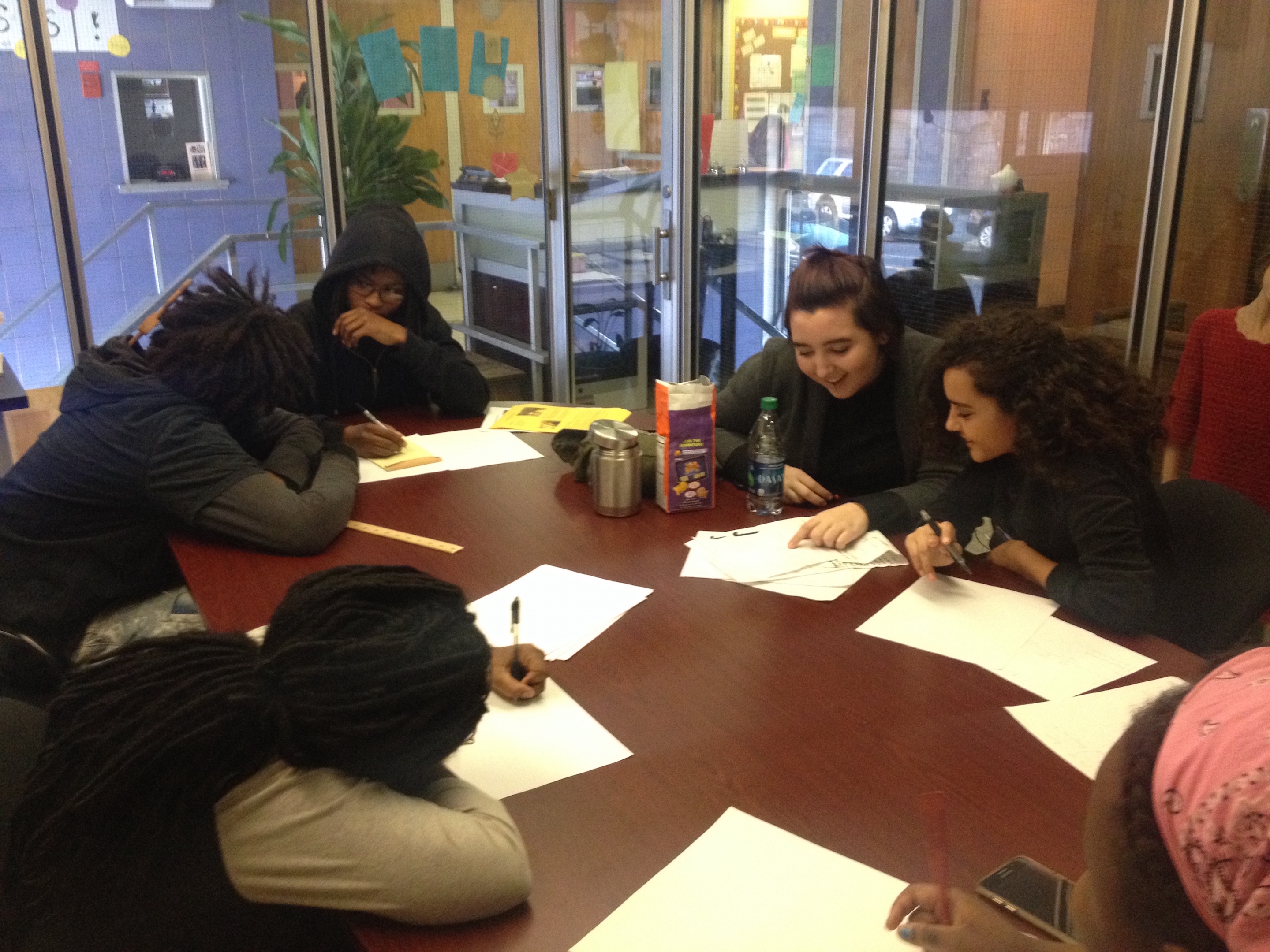
When two 14-year-olds decided PFS should host its first dance, they began by conducting a series of what the business world would call focus groups, gathering insight from younger students, teens, and staff, to design an event that would be embraced (and voted on favorably) by the majority of the school. They overcame obstacles with innovative thinking, and persevered when the going got tough to create a successful event. (More on the SnowBall in a subsequent blog.)
Given the current state of economic affairs, I cannot wait until my children are in college to begin developing these skills. I don’t know if college will be the direction my kids choose to go, and if they do, I am not certain it will provide what they need to succeed. I will support them in whatever they decide, but I will remember that the challenges of the 21st century cannot be met with 20th century solutions. A Free School education is the best way I can imagine to prepare my children for the big things they are capable of achieving.

